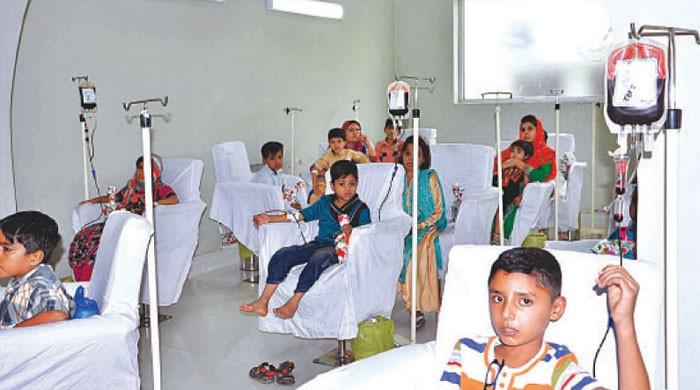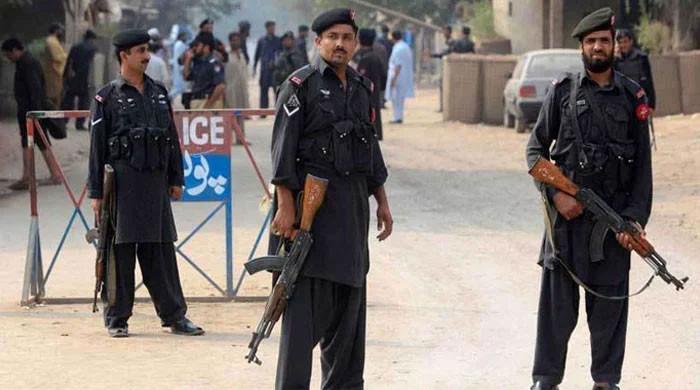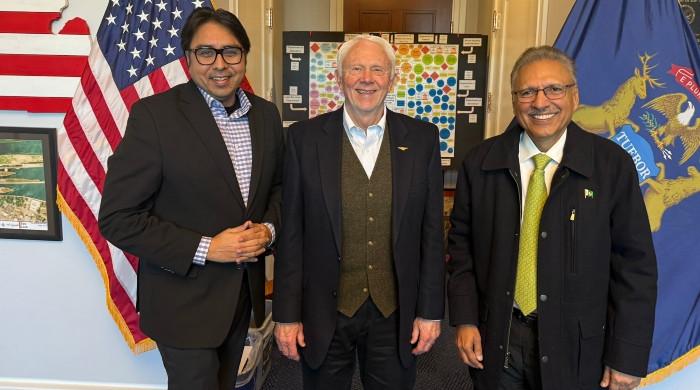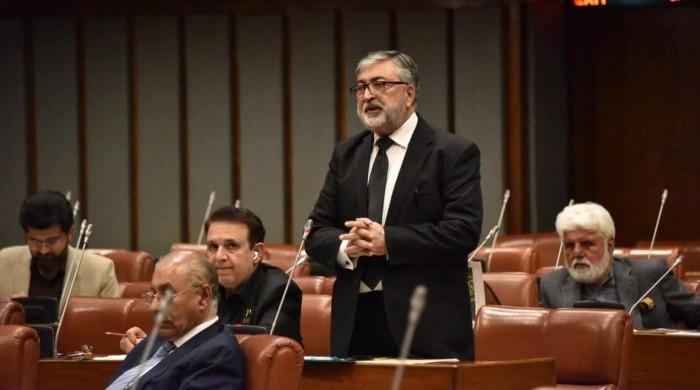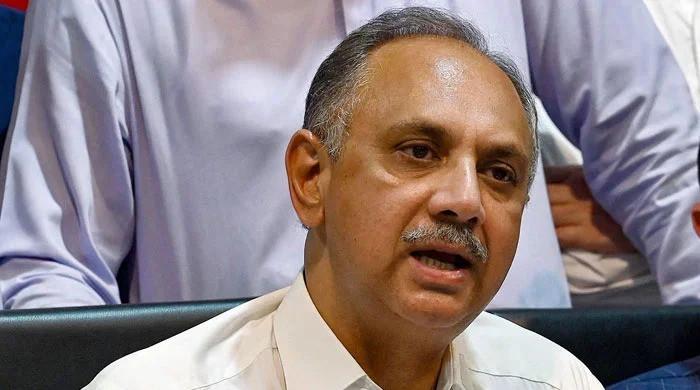Pakistan's first digital census to begin from March 1
Census will last up to one month, according to Pakistan Bureau of Statistics
January 24, 2023
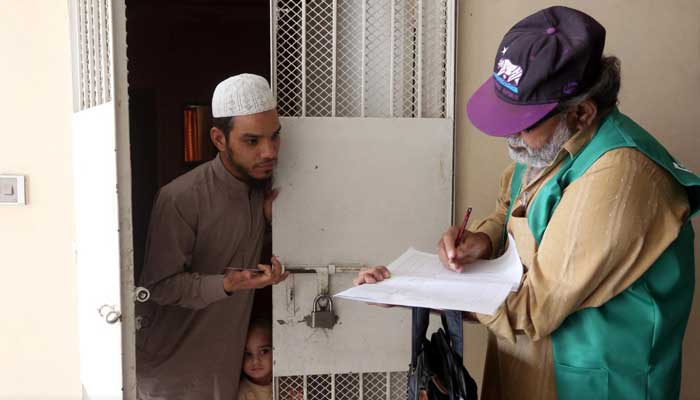
- CCI approved date of digital census in meeting on Jan 13.
- Census will be done after all relevant trainings have completed.
- Last census was conducted in March 2017.
The Pakistan Bureau of Statistics (PBS) Tuesday notified to begin the seventh population and housing census in the country from March 1.
The census, which will be conducted digitally, will continue for a month and conclude on April 1.
Announced by the PBS, which works under the Ministry of Planning, Development and Special Initiatives, approval to conduct the census was given during the Council of Common Interest's (CCI) 49th meeting held on January 13.
Prior to the decision, the PBS had initiated the census activities and devised a plan to impart training to conduct the census in three tiers — training of master trainers in Islamabad; training of trainers (TOTS) at the divisional level; and training of enumerators (TOEs) at the census district level.
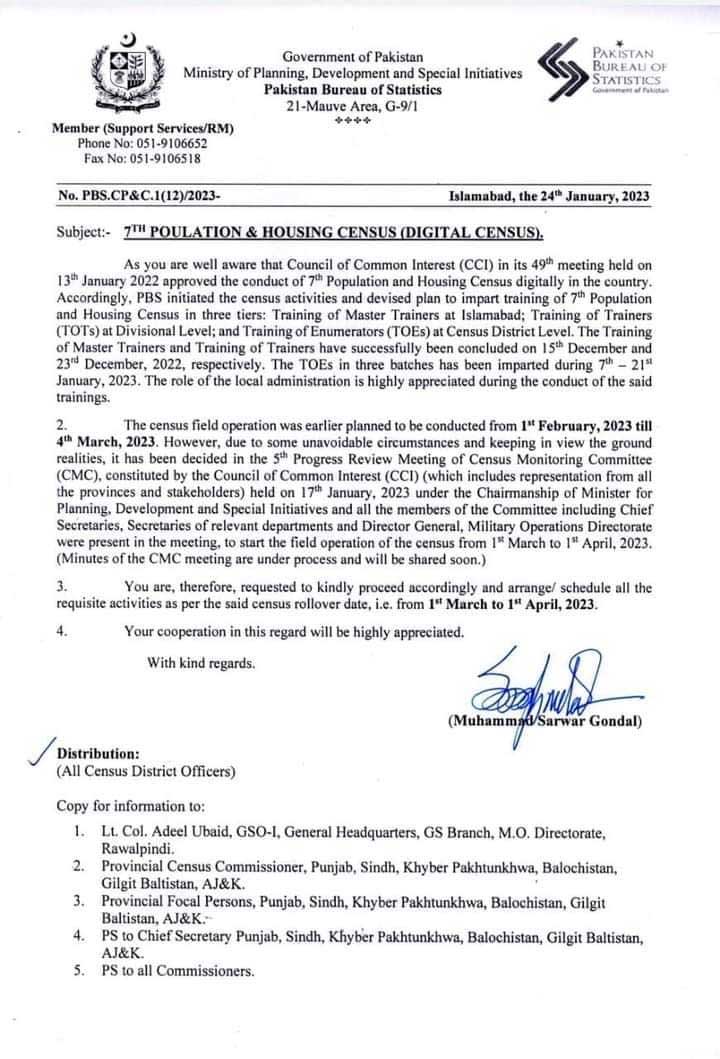
The department successfully conducted the training of master trainers and training of trainers on December 15 and 23 last year, respectively. While the training of enumerators in three batches was done from January 7 to 21 this year in which the local administration played a crucial role.
The department shared that the census field operation was earlier planned to be conducted from February 1 to March 4, 2023.
"However, due to some unavoidable circumstances and keeping in view the ground realities, it has been decided in the fifth progress review meeting of the census monitoring committee (CMC), constituted by the Council of Common Interest (CCI) [which includes representation from all the provinces and stakeholders] held on January 17, 2023," the ministry's notification read, announcing the date to kickstart the field operations for the digital census.
The ministry has directed the relevant department to proceed accordingly, as well as arrange and schedule all the requisite activities as per the said census rollover date.
2017 census
In 2017, Pakistan kicked off its first national census in 19 years, a delay caused by a lack of funds, political squabbling and too few available troops to oversee security.
Around 118,000 “enumerators” in 63 districts began the 70-day data-gathering campaign, flanked by police and soldiers, under the order of the Supreme Court, which had set a March deadline.
Security officials, including 200,000 military personnel, were present to protect census teams but also to ensure households can enter data without being intimidated.
Electoral seats in Pakistan’s parliament are assigned using population density data, and with rural populations fluctuating due to urbanisation, powerful feudal landlords and political families fear losing influence.
The census, for the first time, also counted Pakistan’s transgender community, though members in Peshawar were surprised to be given forms without a separate column for transgender people.
Parts of Peshawar were cordoned off by police as census teams visited homes. A counter gathered the census data inside buildings while police and soldiers stood guard outside.
The counter was accompanied by a policeman and a soldier carrying a G-3 rifle.
The 1998 census put Karachi’s population at 9.2 million but current estimates back in 2017 varies between 18 and 23 million, according to the National Database and Registration Authority.
— Additional input from Reuters





